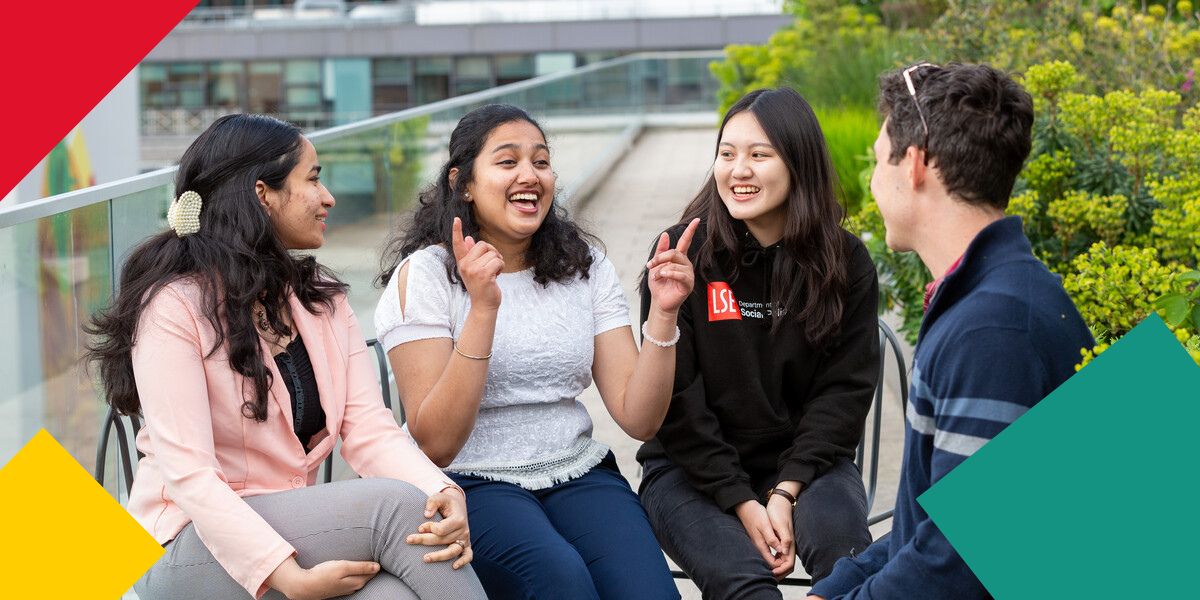During a recent LSE Research Showcase, over a complimentary pastry and hot drink, I had the privilege of listening to Neil Lee, Professor of Economic Geography, shedding light on the economic and political roots of spatial inequality in the UK. It provided a unique perspective, allowing me to delve into the intricacies of his work and gain a deeper understanding of “levelling up” initiatives. Levelling up refers to the UK government project with investments of up to £13 billion for local people and local businesses across the country to help grow the economy, create jobs, improve transport and provide skills training and local business support.
Learning from different perspectives
The talk revolved around bridging the income gap between regions within a country, such as the wealth disparity between the North and a relatively richer London and the Southeast in the UK. Professor Lee sees an opportunity in developing infrastructure and supporting growth in cities outside London.
As a student from India, attending this presentation provided a unique opportunity to draw parallels and contrasts with the challenges faced by my home country. While India and the UK have distinct socio-economic landscapes, there are common threads in grappling with regional disparities that transcend geographical boundaries. In India, we have witnessed significant spatial inequalities, with the divide often manifesting between urban and rural areas.
Professor Lee then focused on the dual aspects of levelling up and gaining public endorsement. The concept of levelling up struck a chord, as India has also seen various government initiatives aimed at bridging the gap between different regions. From rural development schemes to urban renewal projects, the Indian government has attempted to address disparities, albeit within a vastly different socio-political and economic landscape.
Furthermore, Professor Lee’s analysis of the economic shifts, particularly the transition from manufacturing to services, sparked thoughts on India’s own economic transformation. The growth of IT hubs and service industries in certain regions of India has led to prosperity, while traditional industries in other areas have faced challenges.
However, there’s differences in the political structures, economic contexts, and cultural nuances between India and the UK. India’s central government structure, diverse linguistic and cultural identities, and the unique challenges posed by a massive population make the task of addressing regional disparities complex and multifaceted.
Reflecting on policy and impact
He mentioned that policy, and particularly political will, play a crucial role. He highlighted the inconsistency and volatility in the UK’s economic development agendas, indicating a lack of coherent and sustained policies for local areas. The absence of incentives for local growth, coupled with a poorly adaptive policy system, further exacerbates the issue. Professor Lee’s emphasis on political will and coherent, sustained policies resonated as essential elements needed not just in the UK but also in the Indian context.
What did I take away?
In conclusion, my experience as a student attending Professor Neil Lee’s Research Showcase allowed me to appreciate the shared challenges faced by nations in addressing regional disparities while recognizing the uniqueness of each country’s journey.





